Traceability Revolution: Implementing Blockchain in the Supply Chain for Enhanced Transparency
Blockchain, AI, and the Future of Investment: Navigating the Convergence The world is changing at lightning speed. From the rise of decentralized finance (DeFi) and the potential of AI agents to the growing need for supply chain transparency, navigating this evolving landscape can feel overwhelming. One area poised for revolutionary transformation is the way we manage and understand our supply chains, with blockchain supply chain implementation at the forefront. This post delves into how these interconnected technologies are reshaping industries, impacting investment strategies, and unlocking unprecedented opportunities. The Power of Blockchain in Modern Supply Chain Management For years, supply chains have been plagued by opacity, inefficiencies, and vulnerabilities. Tracking goods from origin to consumer has been a convoluted process, relying on multiple intermediaries and often lacking real-time visibility. This lack of supply chain transparency introduces risks like counterfeit goods, delays, and difficulties verifying ethical sourcing. Blockchain technology offers a powerful solution by creating an immutable, shared ledger. Every transaction in the supply chain – from raw material sourcing to delivery – is recorded as a "block" and linked to the previous one, creating a secure and transparent history. This enhanced traceability unlocks numerous benefits: Enhanced Traceability: Know the exact origin and journey of your products. Reduced Counterfeiting: Verify authenticity and prevent fake goods from entering the market. Improved Efficiency: Automate processes and eliminate paperwork. Increased Trust: Build stronger relationships with suppliers and consumers. Better Risk Management: Identify and address potential disruptions quickly. AI Agents and Automation: Streamlining Blockchain Processes While blockchain provides the foundational structure, Artificial Intelligence (AI) agents are poised to significantly enhance its capabilities. AI can automate processes, analyze vast datasets, and identify patterns to optimize blockchain-based supply chains. Here's how AI agents are becoming indispensable: Predictive Analytics: AI can forecast demand, optimize inventory levels, and anticipate potential supply chain disruptions. Automated Quality Control: AI-powered vision systems can inspect products for defects in real-time. Smart Contracts Enhancement: AI can analyze data to trigger smart contract execution based on pre-defined conditions. For example, automatically releasing payment upon confirmation of delivery and quality checks. Dynamic Routing Optimization: AI agents can constantly adjust shipping routes based on real-time traffic and weather conditions, saving time and fuel. The combination of blockchain and AI enables truly intelligent and self-optimizing supply chains. Platforms like Chainlink offer decentralized APIs that allow AI models to access real-world data and interact with blockchain networks. Alternative Investments: Where Crypto Meets Supply Chain The convergence of blockchain, AI, and supply chain management is creating exciting opportunities in the alternative investment space. Several trends are noteworthy: Supply Chain Finance Platforms: Companies like Marco Polo and TradeLens are using blockchain to streamline trade finance, offering investors exposure to these growing ecosystems. Decentralized Marketplaces: Platforms built on blockchain are facilitating direct transactions between suppliers and buyers, reducing intermediaries and increasing efficiency. These marketplaces can be attractive investment opportunities due to their potential for high growth. Tokenization of Assets: Physical goods can be represented by tokens on a blockchain, enabling fractional ownership and increased liquidity. This is applicable to various assets along the supply chain, such as raw materials or finished goods. Impact Investing: Increasing interest is being shown in companies focusing on sustainable and ethical supply chains. Investing in firms implementing supply chain transparency initiatives aligns with ESG (Environmental, Social, and Governance) investing principles. Investment Type Description Risk Level Potential Return Supply Chain Finance Platforms Investment in platforms facilitating blockchain-based trade finance. Medium 8-15% Decentralized Marketplaces Investing in companies building blockchain-powered marketplaces for goods. High 15-30% Tokenized Assets Investing in tokenized representation of physical goods within the supply chain. Medium to High 10-25%+ Sustainable Supply Chain Companies Investing in companies prioritising ethical and sustainable sourcing via blockchain. Low to Medium 5-12% The Rise of AI-Powered Supply Chain Analytics Data is the lifeblood of modern supply chains. AI-powered analytics platforms are transforming the way businesses understand and optimize their supply chain operations. These platforms leverage machine learning algorithms to: Forecast Demand with Greater Accuracy: Predicting future demand based on historical data, market trends, and external factors. Optimize Inventory Levels: Reducing inventory costs while ensuring product availability. Identify and Mitigate Risks: Proactively detecting and addressing potential disruptions to the supply chain. Improve Supplier Performance: Monitoring supplier performance and identifying areas for improvement. Navigating the Challenges While the potential benefits of blockchain supply chain implementation and AI in supply chain are immense, there are challenges to overcome. These include: Scalability: Blockchain networks need to scale to handle the volume of transactions in large supply chains. Interoperability: Different blockchain platforms need to communicate with each other. Data Privacy: Protecting sensitive supply chain data while maintaining supply chain transparency. Regulatory Uncertainty: The regulatory landscape for blockchain and AI is still evolving. Cost of Implementation: Setting up blockchain supply chain implementation and training staff requires substantial upfront investment Looking Ahead The future of supply chain management is inextricably linked to blockchain and AI. As these technologies mature and adoption rates increase, we can expect to see even greater levels of supply chain transparency, efficiency, and resilience. The increasing availability of sophisticated AI agents will further automate processes and optimize performance. Ready to dive deeper? Comment below with your thoughts on how blockchain and AI are impacting your industry. Share this post with your network to spread awareness! You can also explore resources like Forbes and Deloitte for further reading on these topics.
Share this content:
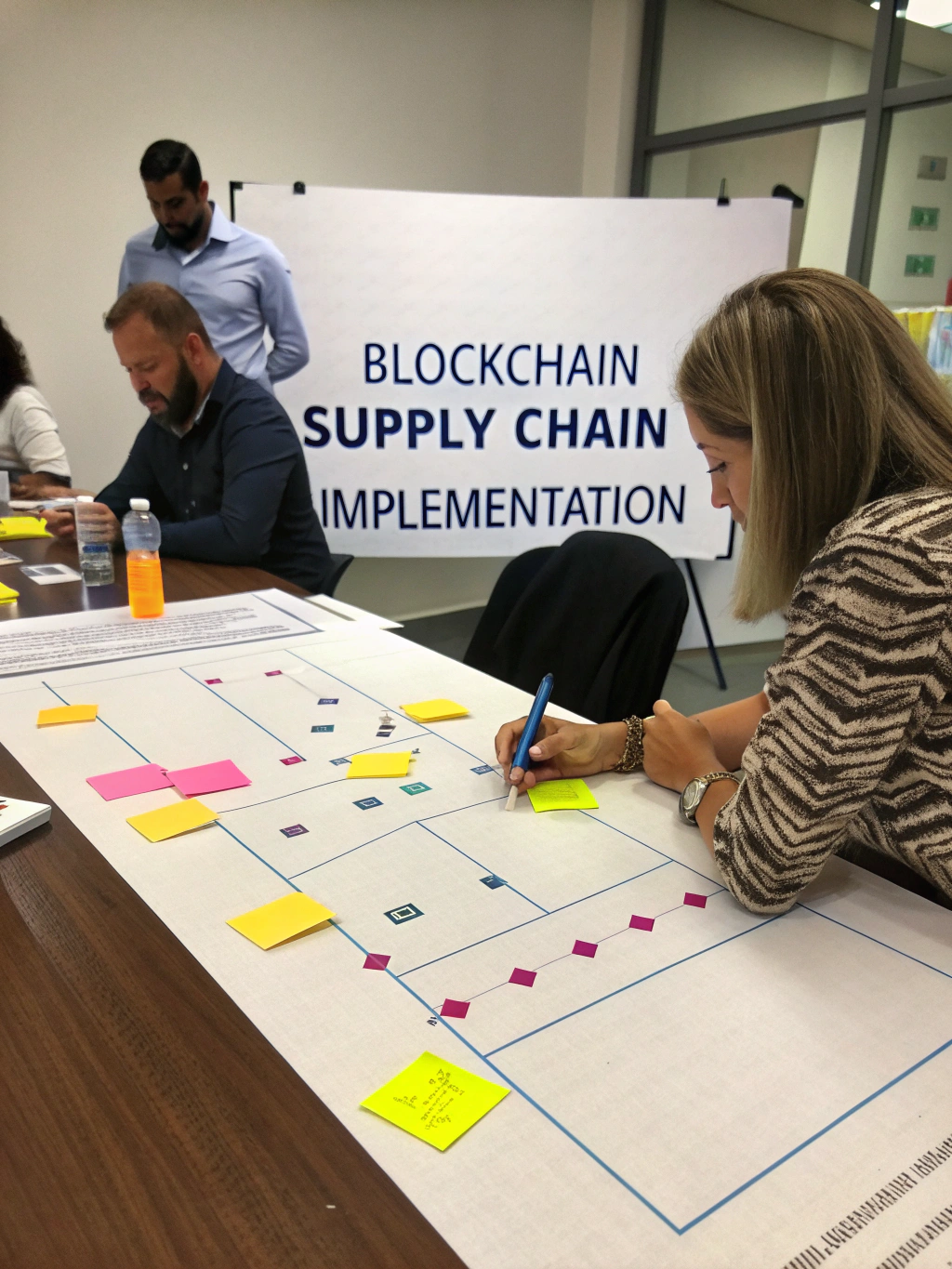
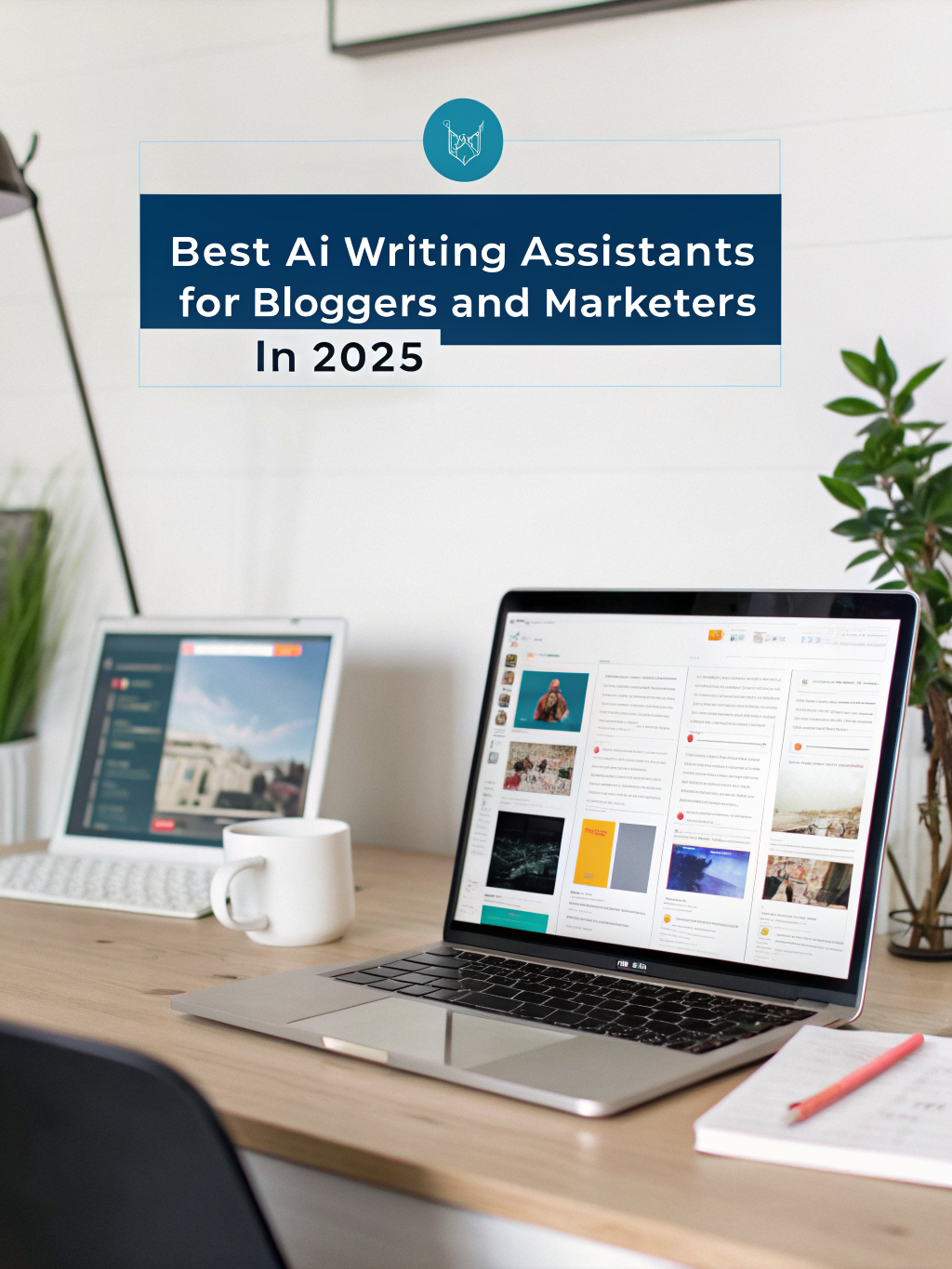
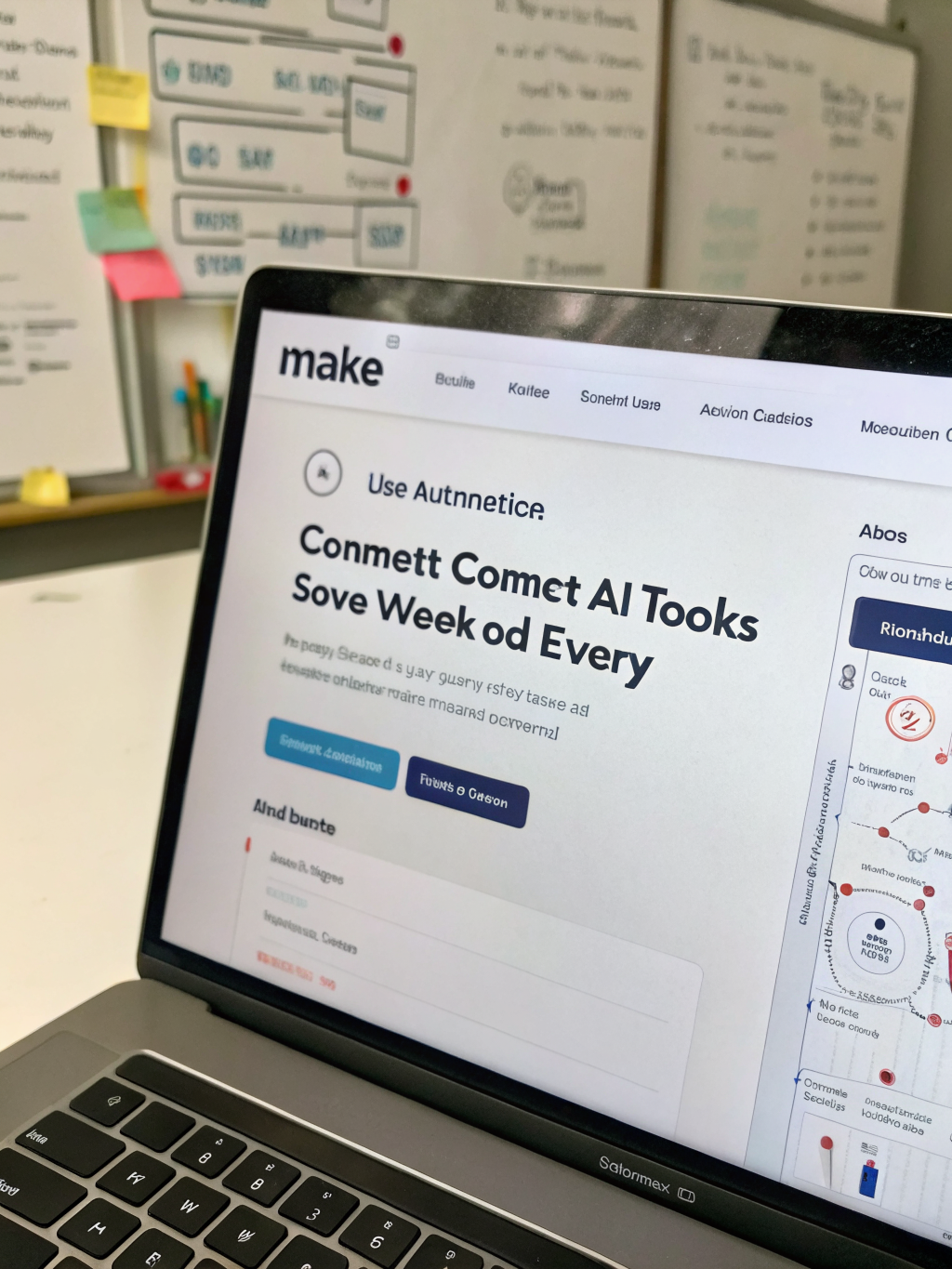
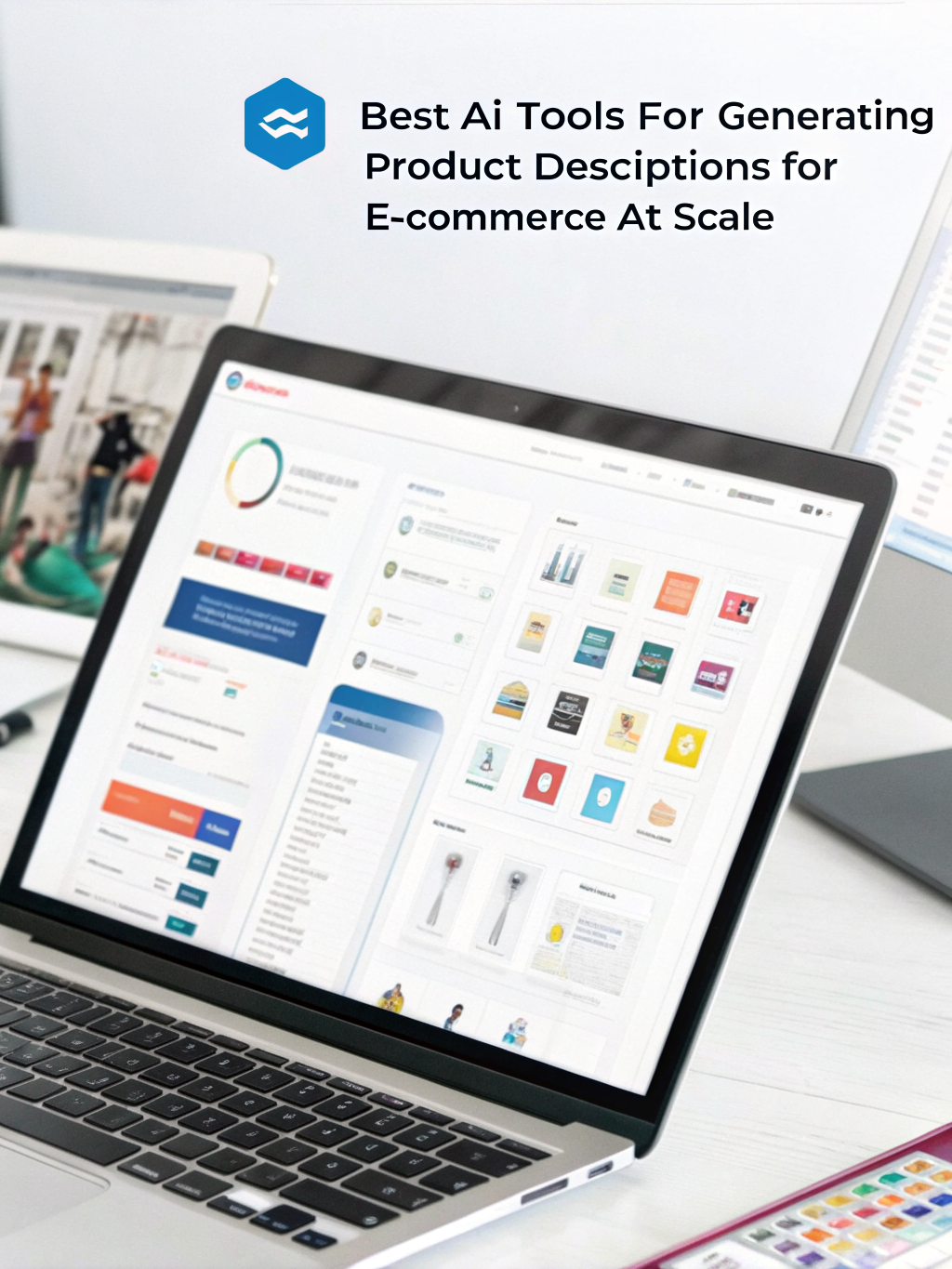
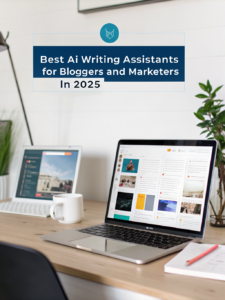
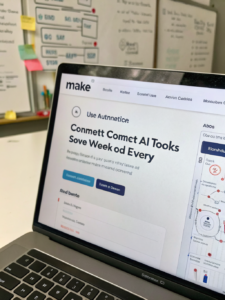
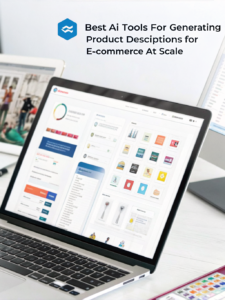
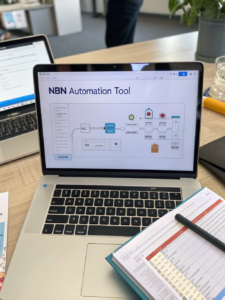
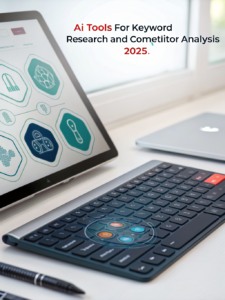
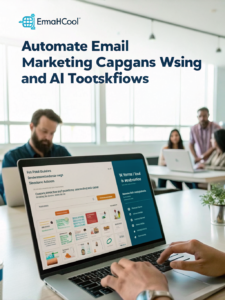
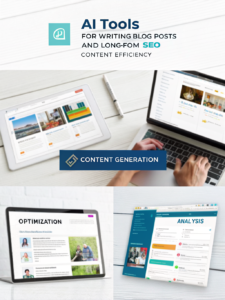


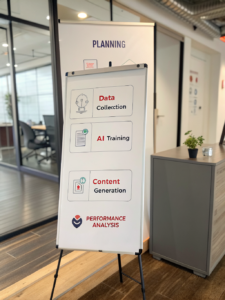
Post Comment